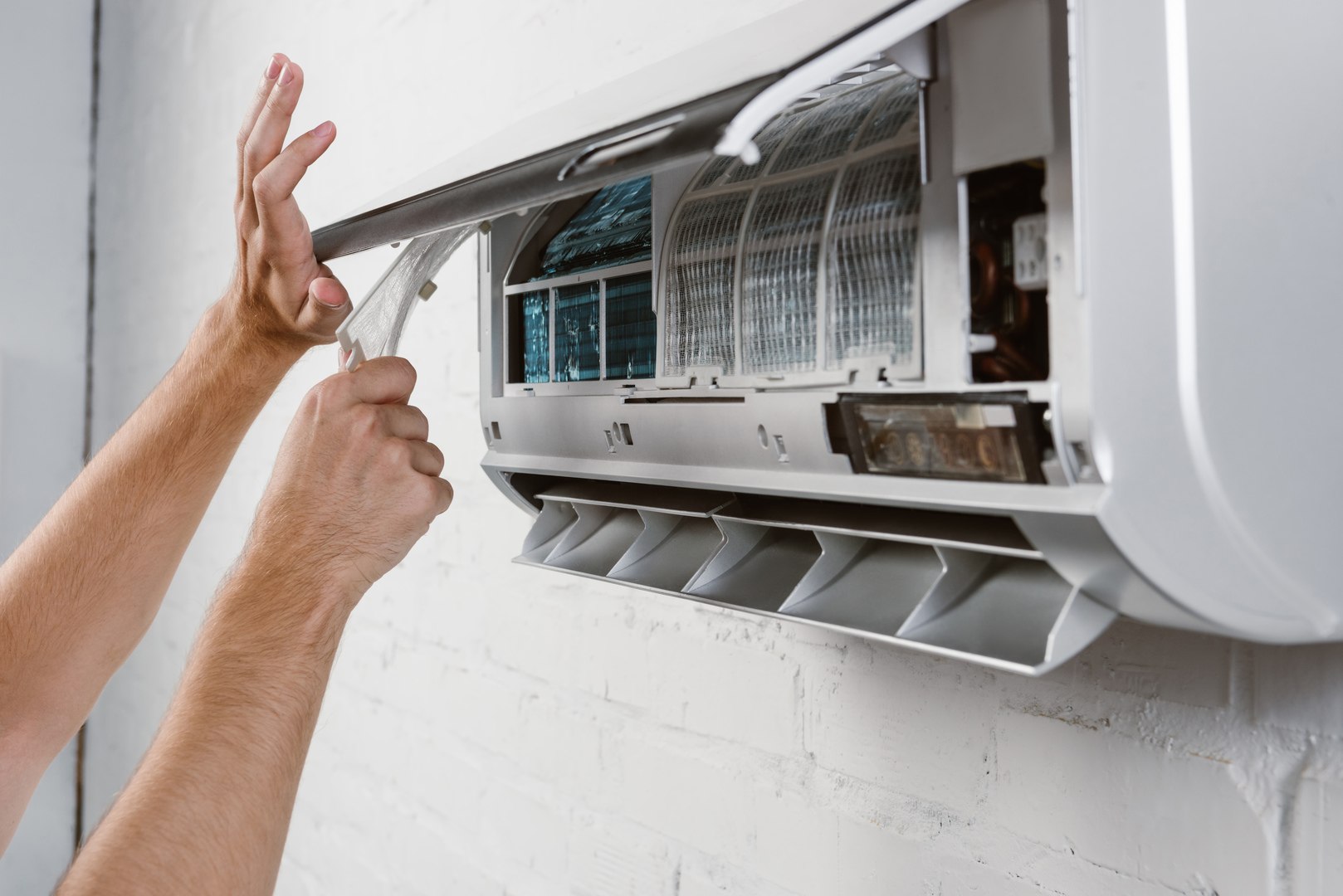Heating, Ventilation, and Air Conditioning Myths Dispelled: What You Truly Need to Know

When it comes to heating and cooling one's homes, many people depend on those HVAC systems without entirely understanding how these systems work or what optimal methods to follow. Beginning with widespread misconceptions about energy efficiency to the latest innovations in HVAC technology, there's a abundance of information that can help homeowners take smarter choices. Sadly, myths can often obscure people's judgment, leading to poor decisions that may affect both convenience and expenses.
This article aims to clarify some of the key prevalent HVAC myths, providing you with the essential knowledge you need to keep your home cozy year-round. If you're a new homeowner or an seasoned resident looking to enhance your heating and cooling systems, our comprehensive guide will cover everything from essential HVAC principles to useful maintenance tips and energy-saving strategies. Understanding your HVAC system is crucial not only for short-term comfort but also for future savings and efficiency.
Grasping HVAC Systems
HVAC refers to Heating, Ventilation, and Air Conditioning, representing specific systems that work together. https://anotepad.com/notes/f66ncdhj combines various systems that work in unison to provide a comfortable environment and maintain air quality in residential, business, and industrial spaces. Understanding HVAC technologies involves knowing how the individual parts functions and how they work in conjunction with one another to create a comfortable space for occupants.
The heating aspect of HVAC systems typically includes furnaces or boilers that generate warmth through different energy sources, like gas, petroleum, or electric power. Air conditioning systems, on the other hand, cool the air during hotter months using coolants to absorb and dissipate heat, effectively lowering interior temperatures. Airflow is crucial for ensuring a consistent flow of clean air and eliminating contaminants, helping to create a healthier atmosphere.

To ensure HVAC systems running efficiently, regular maintenance is important. This includes routine check-ups and service, replacing filters, and ensuring that all parts are functioning properly. An awareness of HVAC systems is key for homeowners and entrepreneurs alike, as it allows them to make informed decisions about system setups, fixes, and upgrades, ultimately leading to better energy efficiency and enhanced comfort.
Common HVAC Issues and Solutions
One of the most frequent HVAC issues homeowners face is a lack of airflow. This can commonly be attributed to unsanitary air filters or blocked ducts. A clogged filter limits airflow, making your system struggle and more poorly. To resolve https://click4r.com/posts/g/19973415/energy-efficiency-reducing-your-heating-ventilation-and-air-conditi , examine and change your air filters consistently, ideally around one to 3 months. Additionally, verify that all vents are open and that there is no clutter in your ductwork. Consistent maintenance can eliminate airflow challenges, keeping your home comfortable all year long.
Another typical problem is an uneven temperature throughout your home. This issue can arise from a range of factors including insufficient insulation, duct leaks, or issues with the thermostat particularly. If certain rooms are significantly warmer or less heated, check the insulation and ensure that your ducts are sealed and in optimal condition. Sometimes, merely adjusting your thermostat or upgrading it with a smart thermostat can help. These steps can help distribute air more uniformly, ensuring a comfortable environment in each space.
Finally, strange noises coming from your HVAC system can signal various concerns. Rattling, thudding, or hissing sounds may indicate unsecured components or airflow restrictions. If you hear any strange sounds, it is important to inspect flapping panels or debris in the system. If the noises continue, reach out to a technician to diagnose and fix the problem before it magnifies into a more serious issue, potentially saving you from costly repairs. air conditioning replacement and attention to minor signs can dramatically extend the life of your HVAC system.
Energy Efficiency and Upkeep Suggestions
To make sure your HVAC system runs effectively, regular maintenance is crucial. Start with changing the air filters every one to three months, based on usage and the sort of filter. A clean filter enhances airflow and indoor air quality, which helps your system operate efficiently while simultaneously lowering energy consumption. Additionally, keep the outdoor unit clear of debris, such as foliage and dirt, as this can hinder airflow and reduce the system's efficiency.
Organizing quarterly tune-ups can substantially prolong the life of your system and boost its energy efficiency. During these checks, a professional can service the coils, monitor refrigerant levels, and examine other components to spot potential issues before they escalate. Regular maintenance not only helps prevent costly repairs but also guarantees that your system is functioning at maximum performance, leading to reduced utility bills.
Utilizing a smart thermostat is another effective way to improve energy efficiency in your home. Smart thermostats allow you to adjust temperature settings based on your schedule, ensuring that your HVAC system isn’t overworking when you are away. Moreover, many smart thermostats can recognize your habits over time and change accordingly, optimizing comfort and energy use, and facilitating easier to maintain an energy-efficient home environment throughout the year.
